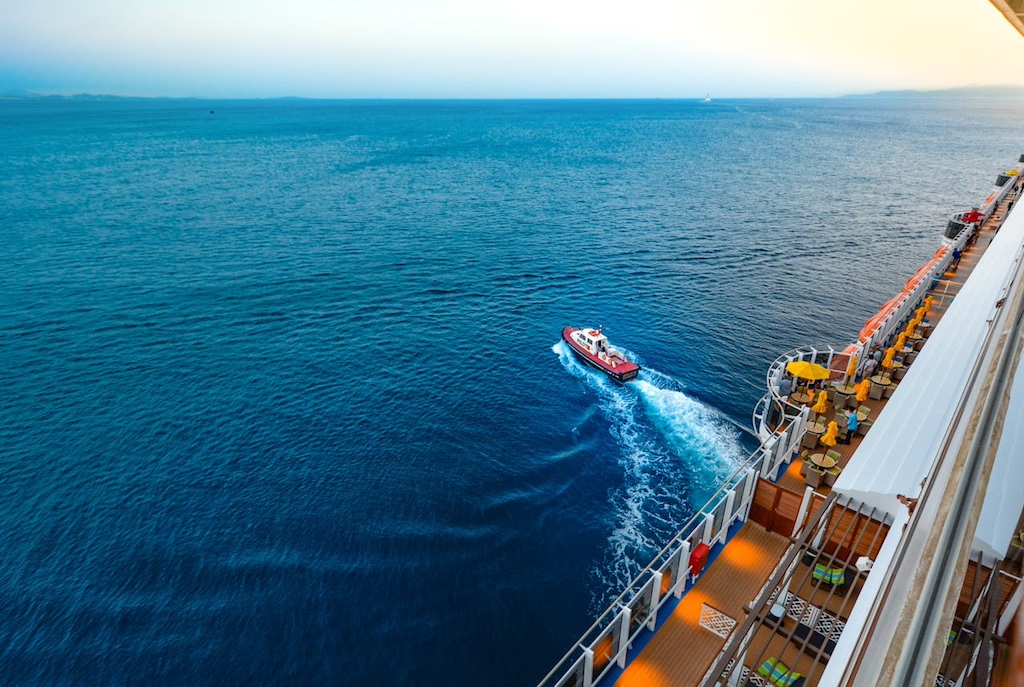The global shipping industry is at a critical crossroads. After decades of using fossil fuels and traditional technologies, international regulators are introducing much stricter emission rules. Through the International Maritime Organization (IMO) forum in London, member countries are discussing a new framework called the Net-Zero Framework. This framework aims to restructure how ships, ports, and maritime logistics produce greenhouse gas emissions. With stricter global climate goals, the shipping sector faces growing pressure to change. Long overlooked in climate regulation, it must now adapt to a new environmental reality.
New Global Regulations: IMO Discussions Leading to the “Net‑Zero Framework”
The main IMO meeting in London marked a pivotal point for global shipping regulations. Members are negotiating a new framework called the Net-Zero Framework. It will set new standards for marine fuels. The plan also targets reductions in greenhouse gas intensity. A global carbon cost scheme and incentives for low-carbon fuels are included. For the first time, the shipping sector will face legally binding emission rules. These rules combine emission limits with economic control mechanisms. The framework is expected to be implemented formally within the next few years.
Shipping Industry Contributes Around 3% of Global Emissions
Although often out of public focus, the international shipping sector accounts for approximately 3% of global greenhouse gas emissions. This is significant—comparable to the emissions of some large countries. With vast amounts of goods transported by sea using heavy fuel oil, which has high emissions, shipping remains one of the most difficult sectors to decarbonize. This statistic underscores the urgency of regulation, as the industry could continue to grow as a major source of emissions alongside expanding global trade.
Carbon Cost Scheme and Geopolitical Dilemmas
A key element of the NZF framework is the introduction of a global carbon cost or emission trading mechanism for ships. This presents a geopolitical dilemma: major industrial countries dominating shipping and developing nations dependent on maritime services raise concerns over increased transport costs, supply chain changes, and additional burdens for ports and small vessel operators. The scheme also faces technical challenges: allocation of funds for low-carbon technology transition, ensuring fairness for developing countries, and preventing “flag hopping,” where ships re-register in jurisdictions with lighter regulations. In short, the costs are not only technical or economic but also highly political.

https://www.pexels.com/photo/selective-focus-photography-of-person-signing-on-paper-261621/
Implementation Targets and Technological Challenges
To achieve net‑zero shipping by 2050, the regulations set initial targets such as a 40% reduction in CO₂ emission intensity per cargo unit by 2030 and 70–80% by 2040 compared to 2008 levels. Additionally, “zero or near-zero” (ZNZ) fuels must account for at least 5–10% of total energy use on ships by 2030. However, technological challenges are significant: ships are currently designed for traditional fuels, low-carbon bunkering infrastructure is limited, and investments are extremely high. Operators face a dilemma: replace fleets, access new fuels, or pay carbon penalties if standards are not met. Ports, supply chains, and developing countries also need support to keep up with this transition.
Conclusion
The new emission regulations from the IMO mark a major shift for the shipping industry. The sector is moving from being lightly regulated to becoming central in global decarbonization. Shipping contributes about 3% of total global emissions. With rising technological challenges, it can no longer continue “business as usual”.
Carbon cost schemes, emission reduction targets, and low-carbon fuel requirements will reshape maritime transport. For nations, operators, ports, and all stakeholders, this is a call to action. Success will depend on the synergy of technology, policy, and global equity—ensuring shipping becomes part of the solution rather than an obstacle in maintaining a habitable planet.
Read other Articles: Understanding Emission Standards & Global Regulations on Exhaust Gases





